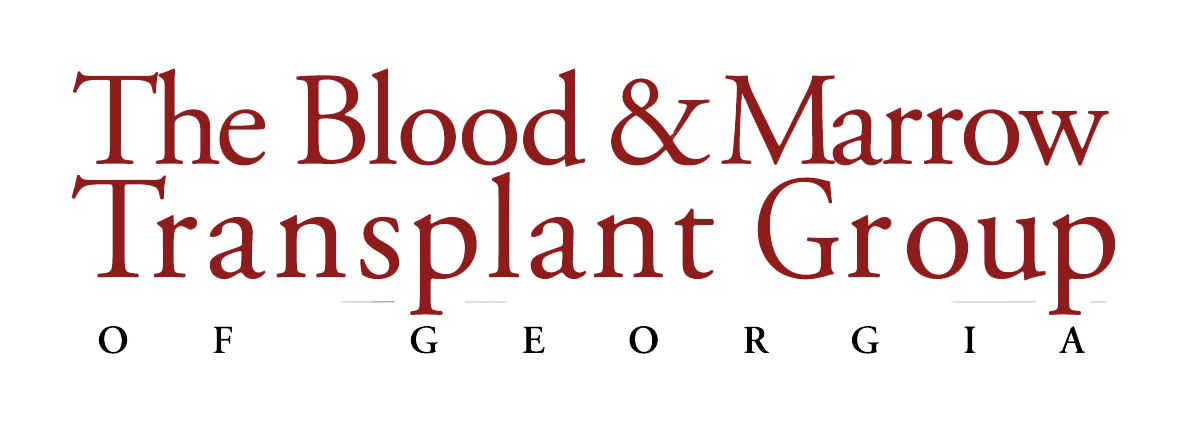What is Cancer Immunotherapy?
The success of allogeneic stem cell transplantation, in which a donor’s bone marrow or blood is transplanted into a patient to cure aggressive blood cancers, primarily results from the power of a donor’s immune system to fight cancer cells. In fact, such transplants represented the first definitive proof of the human immune system’s capacity to cure cancer. Now, cancer researchers are developing new ways to strengthen and empower a patient’s own immune system to fight cancer. This revolutionary type of cancer treatment is called cancer immunotherapy. Please read additional Northside Immunotherapy Program information here.
Immunotherapy is a treatment method that uses a patient’s own immune system to fight and kill cancer cells more effectively. The immune system keeps track of all of the substances normally found in the body. Any new substance that the immune system does not recognize raises an alarm, causing the immune system to attack it. Most of the time, it is more difficult for the immune system to recognize cancer cells as foreign, which allows them to grow and spread throughout the body. Immunotherapy treatments and drugs help the immune system recognize and locate cancer cells and strengthen its response to help it destroy them.
Immunotherapy is available in different types of treatments; some are FDA approved, and some are within a clinical research trial. Examples of types of immunotherapies include:
Monoclonal antibodies
Bispecific T-cell engaging antibodies
Checkpoint inhibitors
Therapeutic vaccines
Cellular Immunotherapy: CAR T-cell & Tumor Infiltrating Lymphocyte (TIL) therapies

